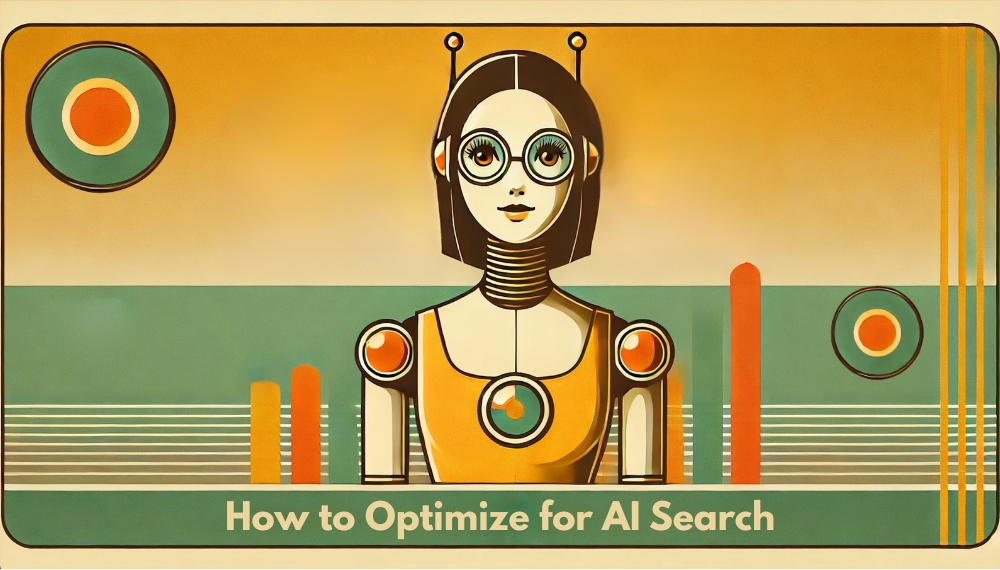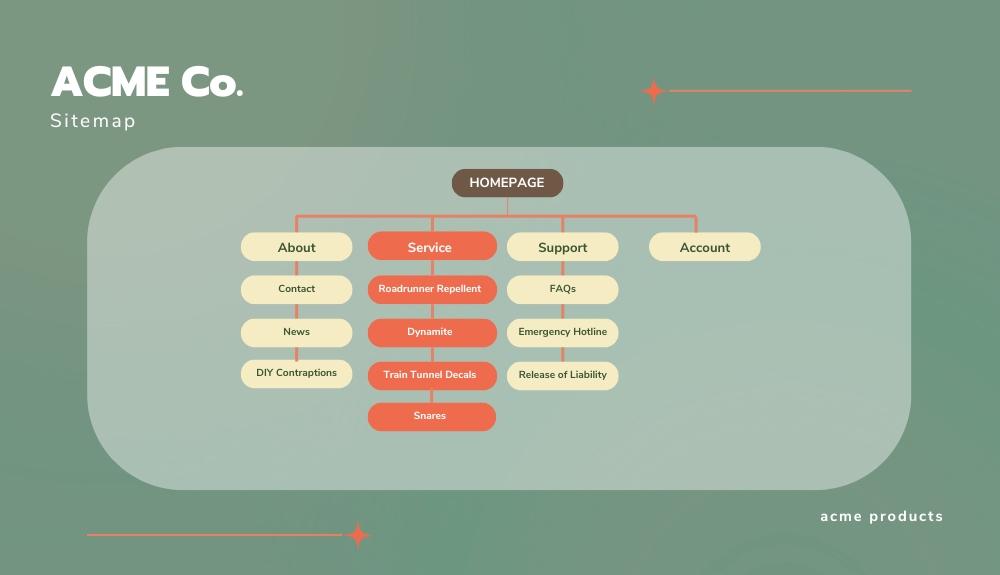
The way consumers search for products and services is undergoing a dramatic transformation. With AI chatbots like ChatGPT becoming increasingly popular, traditional search engine optimization may soon take a backseat to what we might call “AI optimization” or “GEO.”
According to Gartner’s recent research, search engine volume is predicted to drop 25% by 2026 due to AI chatbots and other virtual agents – a shift that will fundamentally change how businesses need to approach their digital presence.
Why AI is Changing the Game
Think about the difference between traditional search and AI chat interactions. When someone searches for “used station wagon low miles” on Google, they get a list of results to sort through. But with AI, they can have a natural conversation: “I think it might be time for my family to get a new car.” The AI responds with personalized follow-up questions about their specific needs, preferences, and timing – creating a much more intuitive and helpful experience.
This shift is already evident in major search engines’ strategies, with both Google and Microsoft incorporating AI features into their search products[^2]. However, even with these integrations, dedicated AI chatbots offer a more natural and comprehensive user experience that traditional search can’t match.
The New Challenge for Businesses
This shift presents both opportunities and challenges for businesses. The question is no longer just “How do we rank well on Google?” but “How do we ensure AI chatbots accurately represent our business and recommend our products or services when relevant?”
Here’s what makes this different from traditional digital marketing:
- Conversations Instead of Keywords: AI understands context and natural language, making traditional keyword optimization less important than clear, comprehensive content about your business.
- Indirect Customer Interactions: Purchase decisions may happen entirely within AI chat conversations, reducing your direct interaction with potential customers during the research phase.
- Training AI as Your Sales Team: The challenge becomes how to provide enough quality information for AI to act as a knowledgeable representative of your business.
Practical Steps for GEO
1. Create Comprehensive Business Documentation
Instead of focusing solely on SEO-driven content, develop detailed documentation about:
- Your company’s history and values
- Detailed product or service specifications
- Your unique selling propositions
- Customer success stories and case studies
- Industry expertise and thought leadership
- Compliance and regulatory information
2. Focus on Differentiation
AI systems are particularly good at identifying and explaining unique attributes. Make sure your content clearly communicates:
- What makes your business different from competitors
- Specific problems you solve
- Unique methodologies or approaches
- Specialized expertise or certifications
- Customer-specific solutions
3. Develop Rich, Structured Content
Adding schema.org markup is the low-hanging fruit. Most AI search engines and large language models (LLMs) lean on structured data to understand your content more deeply. But as Innovast points out, it’s not just about marking up pages—it’s about creating a structured, semantic experience across your whole site.
Use clear headings, consistent layouts, internal linking that reflects content relationships, and clean, crawlable HTML. This helps AI agents “understand” your site like a human would.
“Content structure is no longer just about accessibility—it’s about intelligibility to machines.” – Innovast
Help AI systems understand your content better by:
- Using clear hierarchical structures in your content
- Including detailed meta descriptions and schema markup
- Creating comprehensive FAQ sections
- Providing clear product comparisons and use cases
- Publishing detailed guides and tutorials
- Maintaining consistent formatting and organization
4. Establish Authority and Trust
According to Search Engine Land, “AI agents reward content that shows expertise, relevance, and reliability over time, not just what’s popular this week.”
AI systems often prioritize authoritative sources. Build trust through:
- Regular publishing of industry insights
- Participation in professional organizations
- Obtaining relevant certifications
- Contributing to industry publications
- Building quality backlinks from respected sources
- Maintaining active social media presence
5. Implement Technical Best Practices
While keywords may be less important, technical optimization remains crucial:
- Ensure your site has clean, semantic HTML
- Implement proper schema markup for all important content
- Maintain fast loading speeds and mobile optimization
- Use clear URL structures and navigation
- Provide comprehensive XML sitemaps
- Implement structured data for products and services
6. Create Multi-Dimensional Content
Help AI understand your business from multiple angles:
- Include various content formats (text, images, videos, infographics)
- Provide different levels of detail for different audience types
- Address various use cases and scenarios
- Include pricing and comparison information
- Document customer journeys and success stories
7. Think in Entities and Relationships
AI doesn’t just match phrases—it infers meaning. That means you need to optimize around entities (people, products, places, services) and their relationships to one another.
Wikipedia is a great example of how entities work. So it’s worth studying how wikipedia connects information.
For instance, if you look up an actor on Wikipedia, you will see the movies they were in, the studios they are associated with, roles they’ve played, directors they’ve worked with and this helps show how this person fits into the world by making connections to various people, places, and things.
What your agency specializes in
• Which types of businesses you serve
• The kinds of results clients see
8. Use Natural Language and Answer Real Questions
Most AI results—especially those generated by LLMs like ChatGPT—aim to answer questions users are asking in plain language. That means your site should too.
Sites like Landslide Creative suggest identifying the kinds of questions your audience would ask, then writing direct, helpful answers. This is also where FAQ sections, in-depth guides, and how-to articles shine.
And make sure your copy sounds like a human wrote it.
Looking Ahead
The shift to AI-driven search and discovery is just beginning. LLMs are not search engines and they can do things that search engines have never been able to do (like suggest solutions and products without the need for a query).
An LLM can “detect” that a person needs something without a direct question. AI can learn about users and make educated guesses and “read between the lines.” In other words, AI can suggest products and services before the user thinks to ask about them.
Optimizing for “query-less” AI results is an emerging marketing strategy called “pre-cog marketing.”
Learn more about pre-cog marketing here
[^1]: Gartner. (2024, February 19). Gartner Predicts Search Engine Volume Will Drop 25% by 2026, Due to AI Chatbots and Other Virtual Agents. Retrieved from https://www.gartner.com/en/newsroom/press-releases/2024-02-19-gartner-predicts-search-engine-volume-will-drop-25-percent-by-2026-due-to-ai-chatbots-and-other-virtual-agents
[^2]: Microsoft announced the integration of ChatGPT into Bing in February 2023, while Google launched Bard (now Gemini) as part of their search experience.

